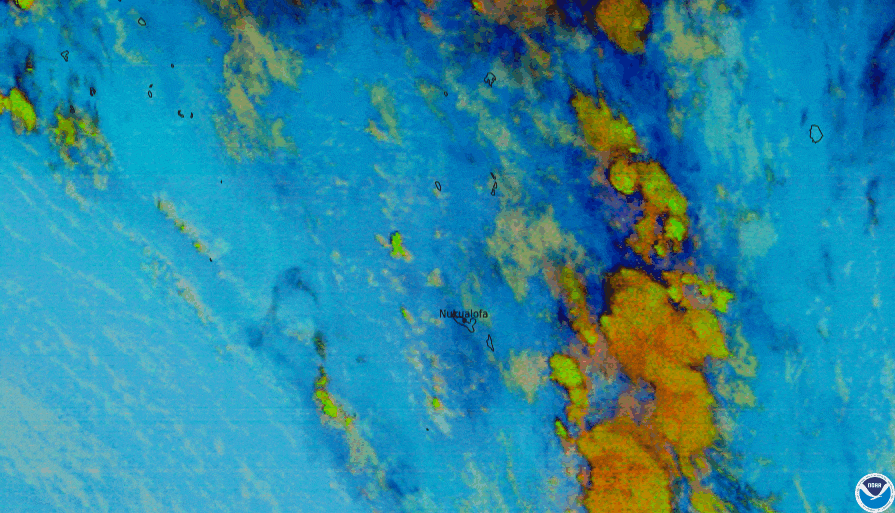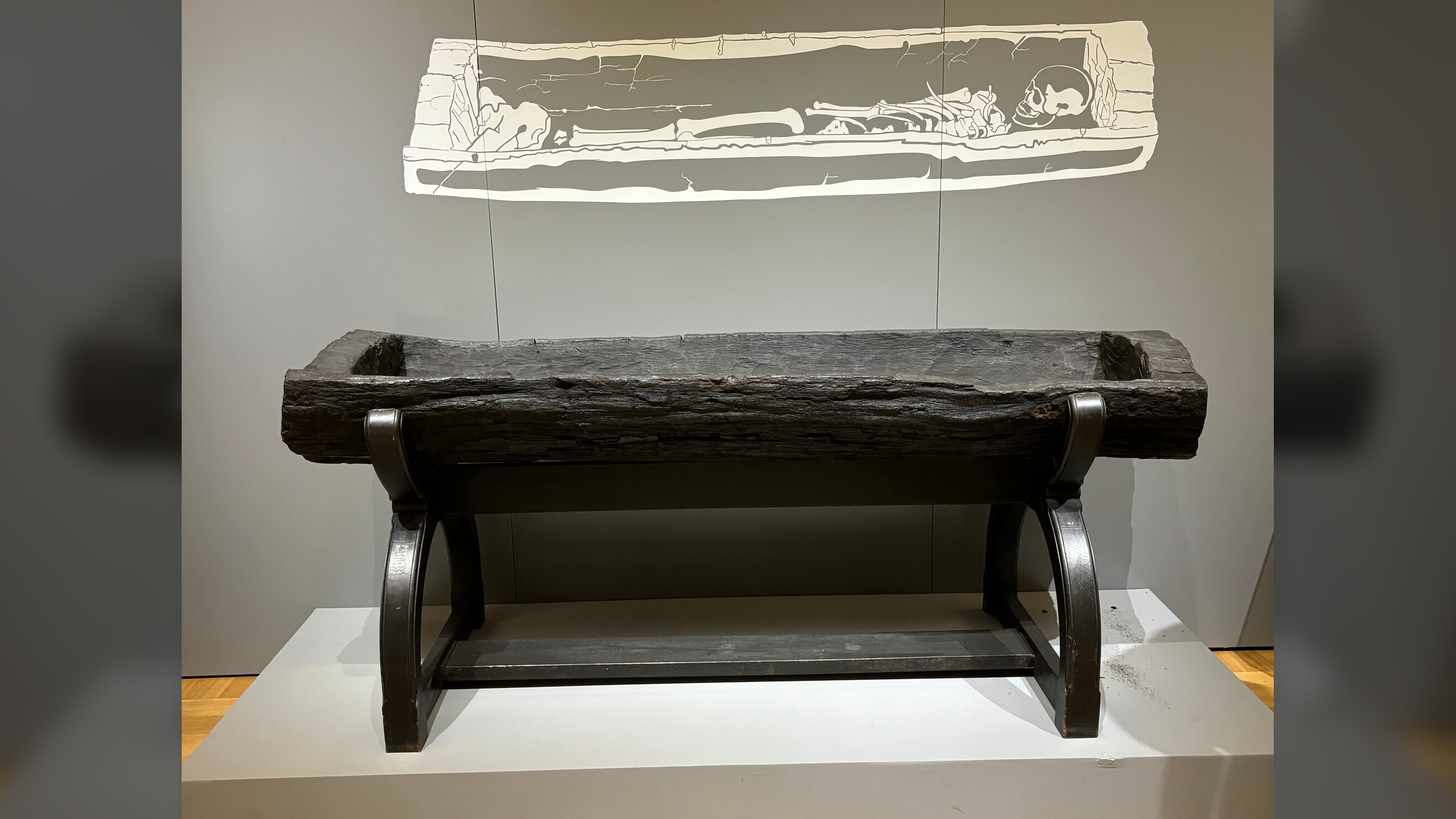4-foot tsunami hits Tonga after explosive eruption of underwater volcano
The blast sent ash and steam more than 12 miles into the air.

Get the world’s most fascinating discoveries delivered straight to your inbox.
You are now subscribed
Your newsletter sign-up was successful
Want to add more newsletters?

Delivered Daily
Daily Newsletter
Sign up for the latest discoveries, groundbreaking research and fascinating breakthroughs that impact you and the wider world direct to your inbox.

Once a week
Life's Little Mysteries
Feed your curiosity with an exclusive mystery every week, solved with science and delivered direct to your inbox before it's seen anywhere else.

Once a week
How It Works
Sign up to our free science & technology newsletter for your weekly fix of fascinating articles, quick quizzes, amazing images, and more

Delivered daily
Space.com Newsletter
Breaking space news, the latest updates on rocket launches, skywatching events and more!

Once a month
Watch This Space
Sign up to our monthly entertainment newsletter to keep up with all our coverage of the latest sci-fi and space movies, tv shows, games and books.

Once a week
Night Sky This Week
Discover this week's must-see night sky events, moon phases, and stunning astrophotos. Sign up for our skywatching newsletter and explore the universe with us!
Join the club
Get full access to premium articles, exclusive features and a growing list of member rewards.
A tsunami triggered by the explosive eruption of the underwater Tonga volcano in the Pacific Ocean slammed the shoreline of the Pacific nation Saturday (Jan. 15), sending residents rushing for higher ground, according to news reports.
A 4-foot-tall (1.2 meters) tsunami reportedly hit Tonga’s capital of Nuku’alofa, which is about 40 miles (65 kilometers) south of the underwater volcano.
There have been no reports of injuries, because communication with the nation went down after the eruption, The Associated Press reported. But a local resident said she was inside making dinner when she heard the eruption at about 7 p.m. local time Saturday. "It was massive, the ground shook, our house was shaking. It came in waves, my younger brother thought bombs were exploding nearby," Taufa told Stuff.co.nz, a New Zealand news outlet.
Such intense blasts have the potential to produce tsunamis far from the source. In fact, a tsunami advisory was in effect for the U.S. Pacific Coast and Hawaii, with officials advising people to avoid the beaches and coastline. The Tonga Meteorological Service issued tsunami warnings (which is stronger than an "advisory") for Fiji and Samoa, The New York Times reported.
Local officials said the powerful underwater eruption had a radius of 161.5 miles (260 km), and sent ash, steam and gas more than 12 miles (20 km) into the air, according to the National Oceanic and Atmospheric Administration (NOAA). The eruption was seven times more powerful than the most recent one of the same volcano on Dec. 20, 2021, NOAA said.
"This is a pretty big event — it's one of the more significant eruptions of the last decade at least," Shane Cronin, a volcanologist at the University of Auckland, told the BBC.
This article will continue to be updated as more information comes out.
Get the world’s most fascinating discoveries delivered straight to your inbox.
Jeanna Bryner is managing editor of Scientific American. Previously she was editor in chief of Live Science and, prior to that, an editor at Scholastic's Science World magazine. Bryner has an English degree from Salisbury University, a master's degree in biogeochemistry and environmental sciences from the University of Maryland and a graduate science journalism degree from New York University. She has worked as a biologist in Florida, where she monitored wetlands and did field surveys for endangered species, including the gorgeous Florida Scrub Jay. She also received an ocean sciences journalism fellowship from the Woods Hole Oceanographic Institution. She is a firm believer that science is for everyone and that just about everything can be viewed through the lens of science.
 Live Science Plus
Live Science Plus











